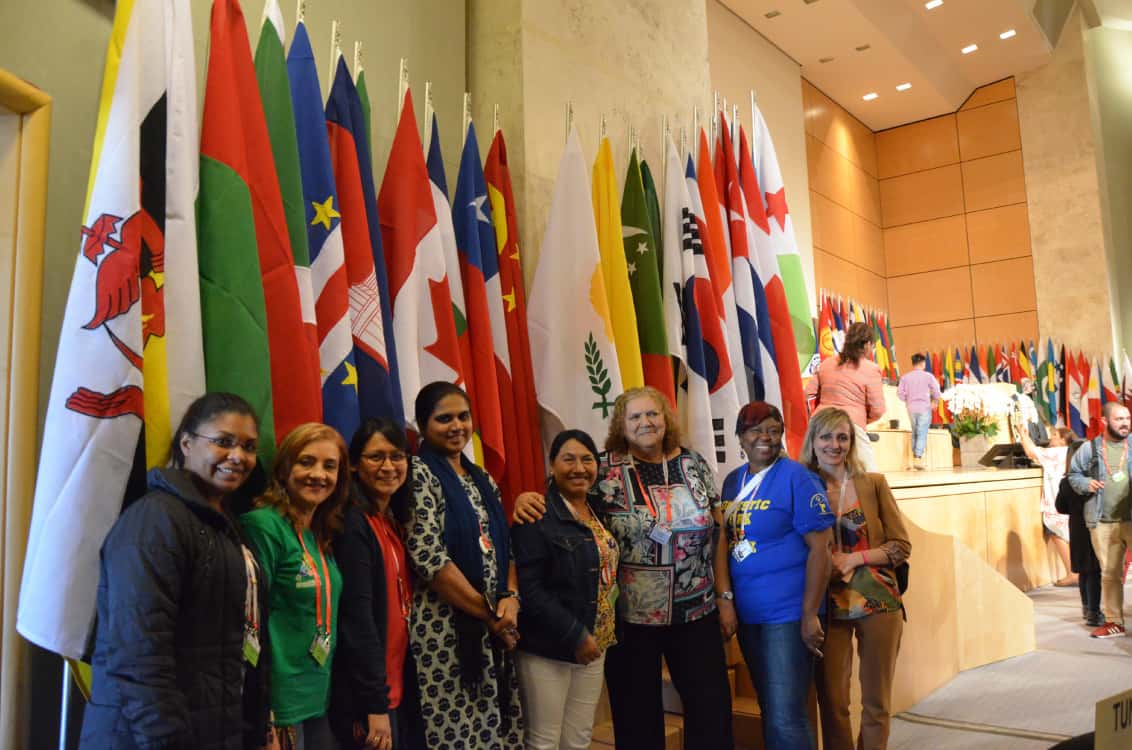Inequalities and the World of Work: A Major Challenge of Our Time
-
November 25, 2021 - December 11, 2021
-
ILO Headquarters, Geneva
Virtual

For the first time in its history, the 109th International Labour Conference (ILC) is being held virtually due to restrictions and changes imposed by the COVID-19 pandemic. During the first round of negotiations in June, the recurrent discussion on social protection and the impact of COVID-19 dominated the negotiations. The second segment of the Conference, to be held from 25 November to 11 December, includes a general discussion on Inequalities and the world of work on the agenda. The points for discussion intend to understand inequalities between and within countries and the economic and social implications.
The COVID-19 pandemic has put inequality back at the top of the international agenda. The ILO has calculated that in 2020 the equivalent of 255 million full-time jobs were lost as a result of the pandemic, especially in low-wage sectors such as retail and hospitality. The pandemic has impacted the jobs and incomes of workers in the informal economy, as demonstrated in a WIEGO study assessing 12 cities across the world. Despite the challenges posed by the pandemic, it has also illustrated the vital role many workers and their organizations in the informal economy play in food security and the care economy.
Lorraine Sibanda, President of StreetNet International, delivers key demands during the 109th Session of the International Labour Conference (ILC) on Inequalities in the World of Work. On behalf of Global Alliance of Waste Pickers, HomeNet International, the International Domestic Workers Federation, and StreetNet. “Nothing for us, without us”.
During the ILC two-week sessions, a delegation of workers representing the Global Alliance of Waste Pickers, the International Domestic Workers Federation (IDWF), HomeNet International, Self-Employed Women Association of India (SEWA), StreetNet International, and WIEGO will participate during the virtual meetings to bring the voices and experiences of the most marginalized workers to demand principles and practices that respond to their particular needs and reduce inequalities.
Together, organizations of workers in the informal economy will raise their voice to demand that the implementation of the ILO Recommendation 204 be made a priority and an inclusive part of national economic recovery plans that must be human-centred and must address inequality. By applying workers’ rights to the informal economy, including the right to collectively bargain, and by putting in place the enabling interventions that will improve the livelihood conditions of own-account workers, as well as improving the social protections of all workers in the informal economy, it is possible that a significant narrowing of inequality could be achieved both between and within countries.